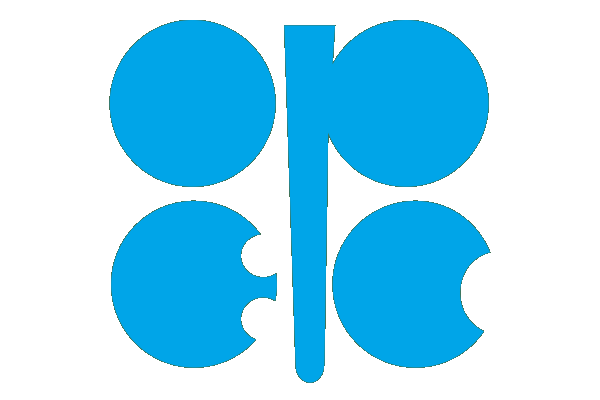
Africa’s biggest oil producer, Nigeria, was conspicuously missing from the long list of beneficiaries in key project financing by the Organisation of Petroleum Exporting Countries (OPEC) Fund for International Development (OPEC Fund).
OPEC Fund President, Abdulhamid Alkhalifa, said the body has approved close to $1 billion in new development financing over the last quarter of 2024, including during its 190th Governing Board meeting in Vienna. However, Nigeria was missing from among the beneficiaries in the projects that will benefit countries across the globe and aim to bolster infrastructure, food security, renewable energy, economic resilience, and governance in partner countries.
“2024 has been a landmark year for the OPEC Fund, marked by a significant increase in project approvals and commitments across key sectors, helping to build resilience, develop sustainable infrastructure, and address climate change. The fund’s latest round of financing reflects the OPEC Fund’s ongoing dedication to delivering impactful solutions that drive meaningful change for millions of people,” he said.
Alkhalifa stressed that the OPEC Fund is leaving no stone unturned to collaborate with partners worldwide to tackle today’s challenges and build a better tomorrow, adding that the body had approved projects since September 2024 in African countries like Chad, Kenya, Senegal, Egypt, among others. Already, a $16 million loan is expected to promote the Rice Farming Development Project in Chari-Logone, co-financed with BADEA in Chad.
This initiative will enhance livestock productivity, establish small and medium-sized enterprises, and improve nutrition and income for rural communities. It is expected to create some 20,000 new jobs along the agricultural value chain and contribute to sustainable agricultural development.
Côte d’Ivoire received a €35 million loan from a local bank that will support on-lending to small and medium-sized enterprises (SMEs), addressing a financing gap for local companies.
The project will benefit 2,000 households, with half the beneficiaries being women and youth, to enhance agricultural productivity, rural infrastructure, and agribusiness practices in selected provinces.
In Gambia, the fund approved a $20 million loan to fund the Rural Infrastructure Development Project (Phase 2), which will improve access to agricultural markets through enhanced rural infrastructure. The project will benefit local farmers and communities with interventions in agricultural value chains and improved connectivity to markets.
In addition, the fund approved a $60 million loan to fund the Senegal Food Sovereignty Strategy Support Project to enhance agricultural productivity, climate resilience, and market access for 220,000 households with a focus on women and youth, while a $30 million loan and a $2 million grant will support the Livestock and Livelihoods Development Program in Sierra Leone.



